The benefits of protein during menopause are often overlooked. As women approach menopause, focusing on hormonal changes is common, but protein is another key player that deserves attention. It is essential in supporting overall health, especially during this transitional phase. This blog focuses on why protein is crucial during menopause and provides easy tips for increasing your intake.
Why Protein Matters During Menopause

Here are some of the benefits of eating enough protein during menopause:
Muscle Growth and Repair
Menopause can bring about a gradual decline in muscle mass, which can affect strength, balance, and mobility. Protein is your muscle’s best friend, providing the building blocks for growth and repair. If you’re active, whether through daily walks or strength training, protein will help you maintain lean muscle mass, which is crucial for metabolism and overall vitality.
Hormone and Enzyme Production
During menopause, your body undergoes hormonal fluctuations that affect your mood, energy levels, and metabolism. Protein aids in producing various hormones and enzymes that support these bodily functions, helping to smooth out some of the bumps along the way.
Maintaining Energy Levels
Tiredness and fatigue can become more common during menopause. Protein provides a steady energy source throughout the day, helping you feel less sluggish. Protein offers a more stable energy release than carbohydrates, which may lead to energy spikes and crashes.
Satiety and Weight Management
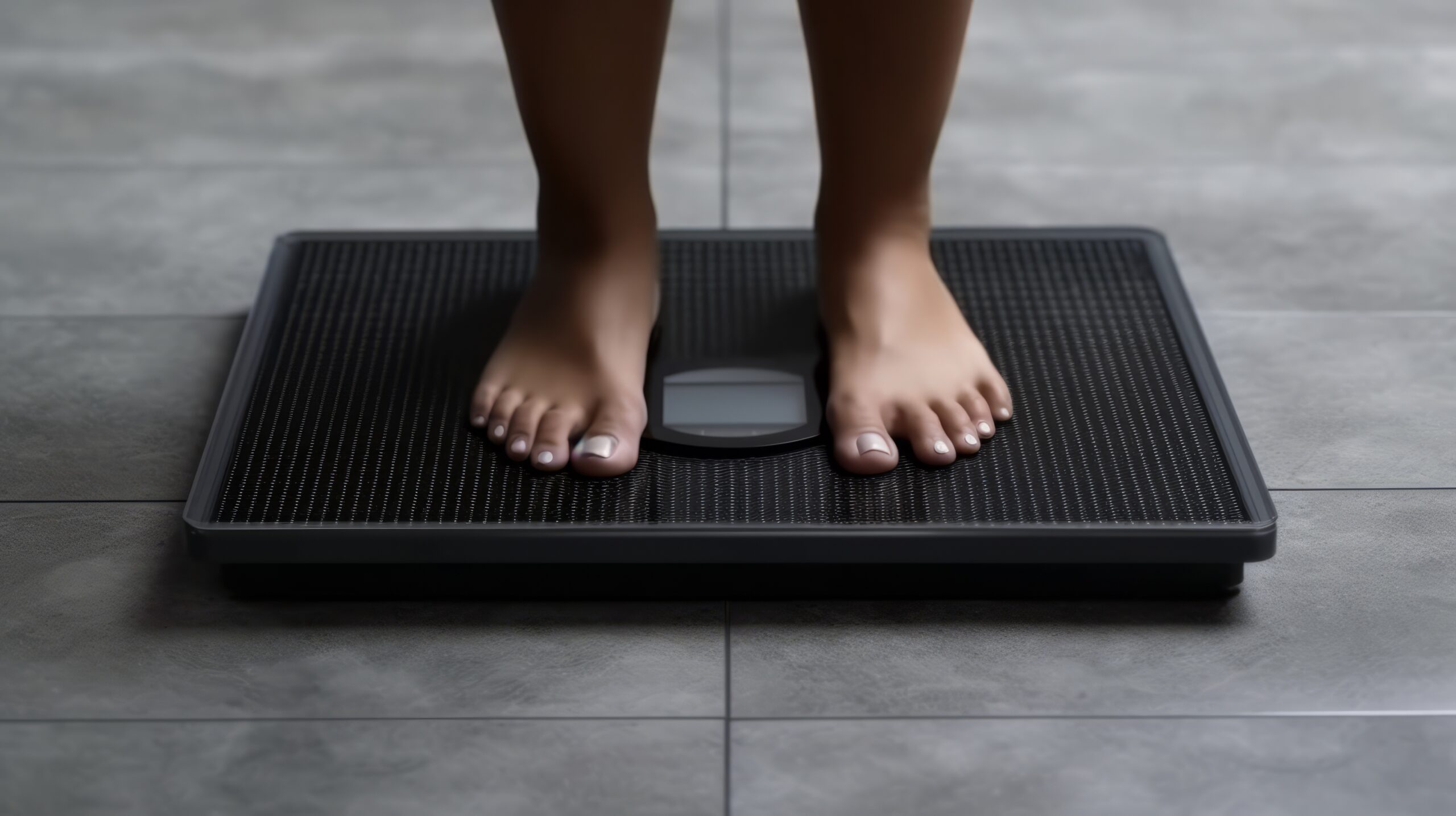
Feeling hungrier than usual? Protein can help. Foods high in protein can increase feelings of fullness, which might reduce the urge to snack on empty-calorie foods. For women with midlife weight changes, adding more protein to meals can support weight management by promoting satiety.
Supporting Skin, Hair, and Nails
Healthy aging isn’t just about how you feel. It’s also about supporting your appearance. Protein helps with skin elasticity, strong nails, and shiny hair—traits that can change during menopause. A diet with enough protein contributes to a healthier body composition, increasing confidence.
Tips For Increasing Your Protein Intake
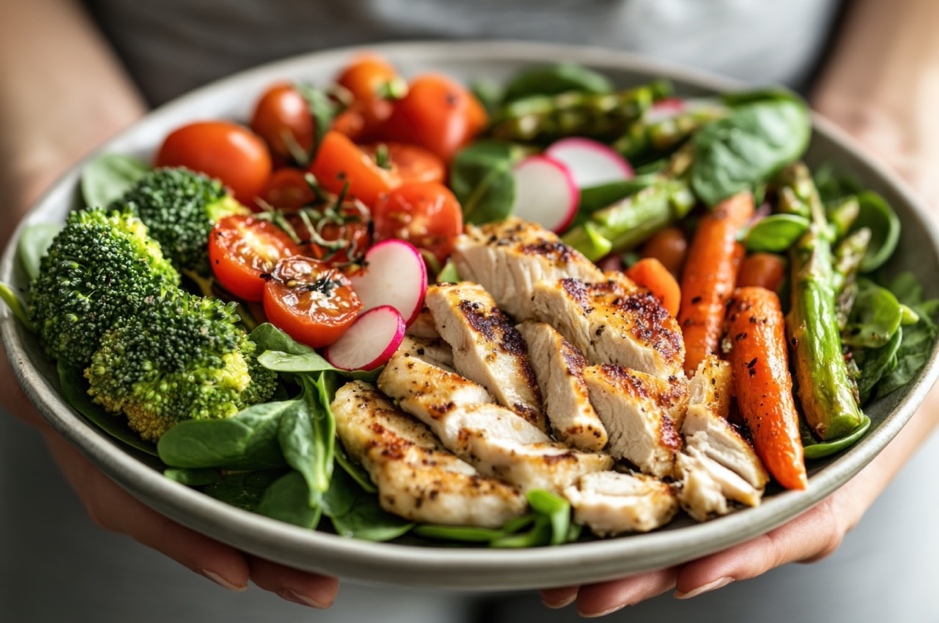
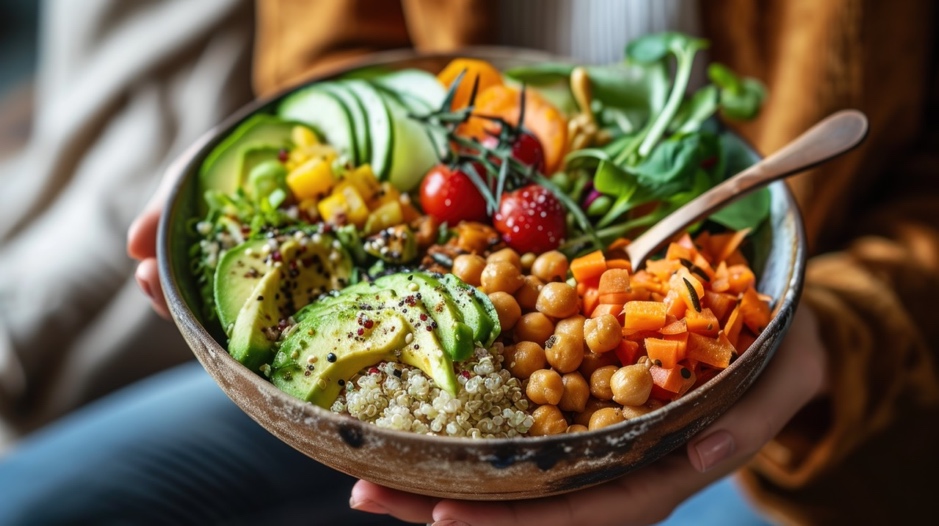
Here are some practical tips to add more protein to your diet:
Start Your Day with Protein
Set yourself up for success by including a good dose of protein at breakfast.
Try these suggestions, which are perfect for kickstarting your day with energy and keeping you full until lunchtime:


Snack Wisely
Swap out chips and sugary treats with protein-packed snacks. Here are some suggestions:

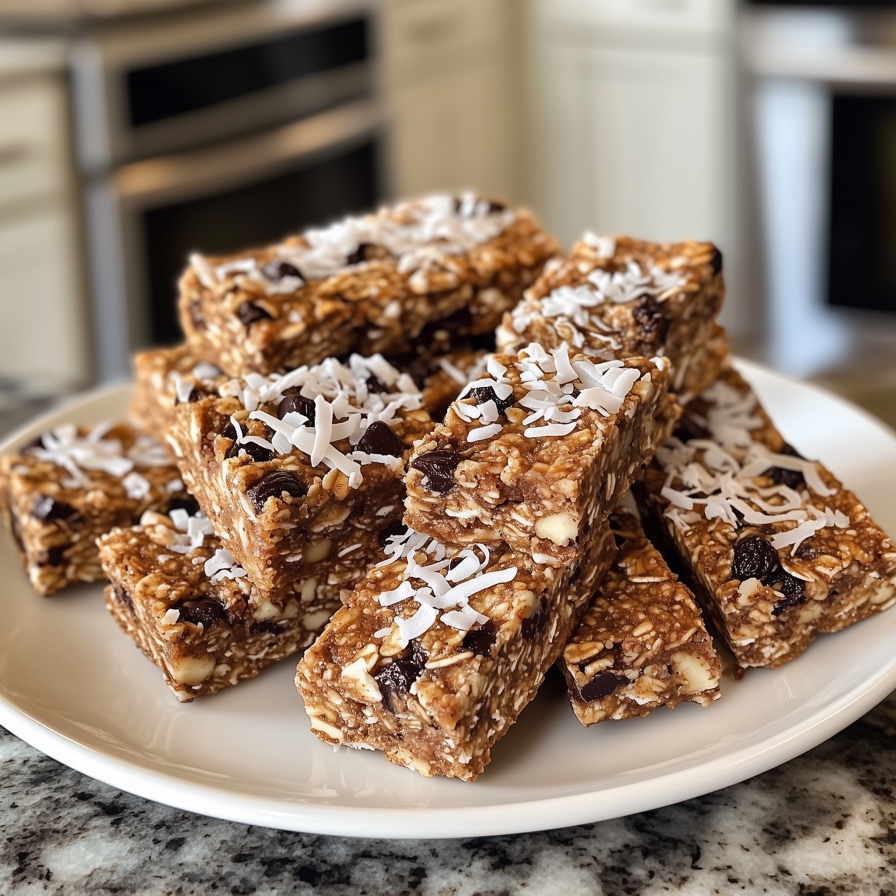
These snacks are filling and provide the protein boost your body needs.
High Protein Meals and Snack Recipes
Try these high protein recipes from my free downloadable high protein recipe e-book:
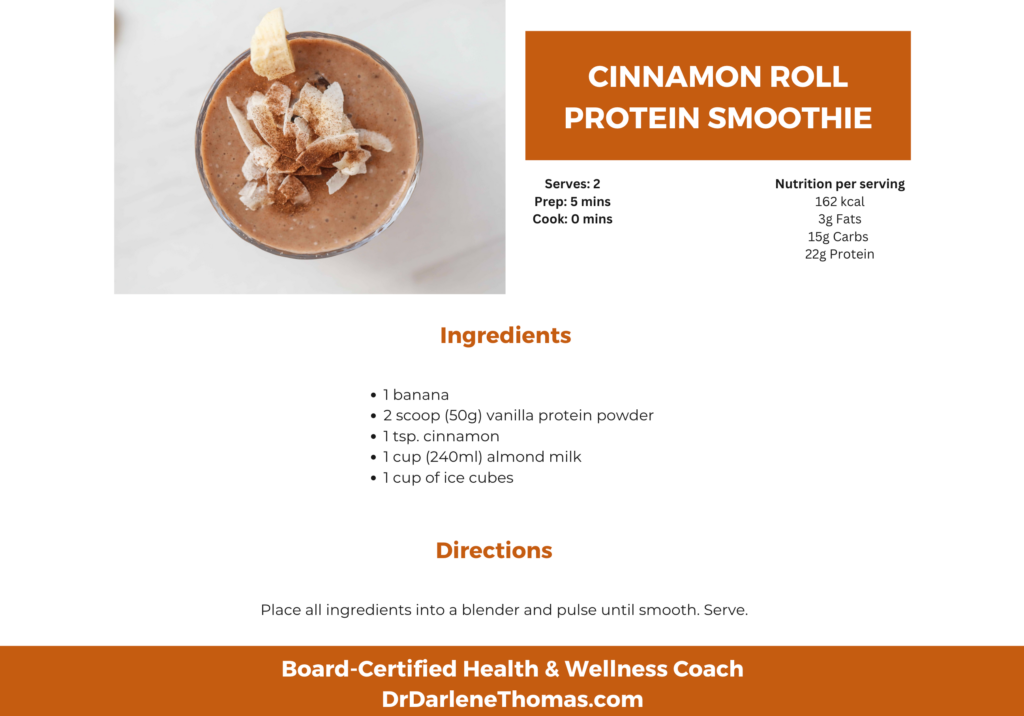
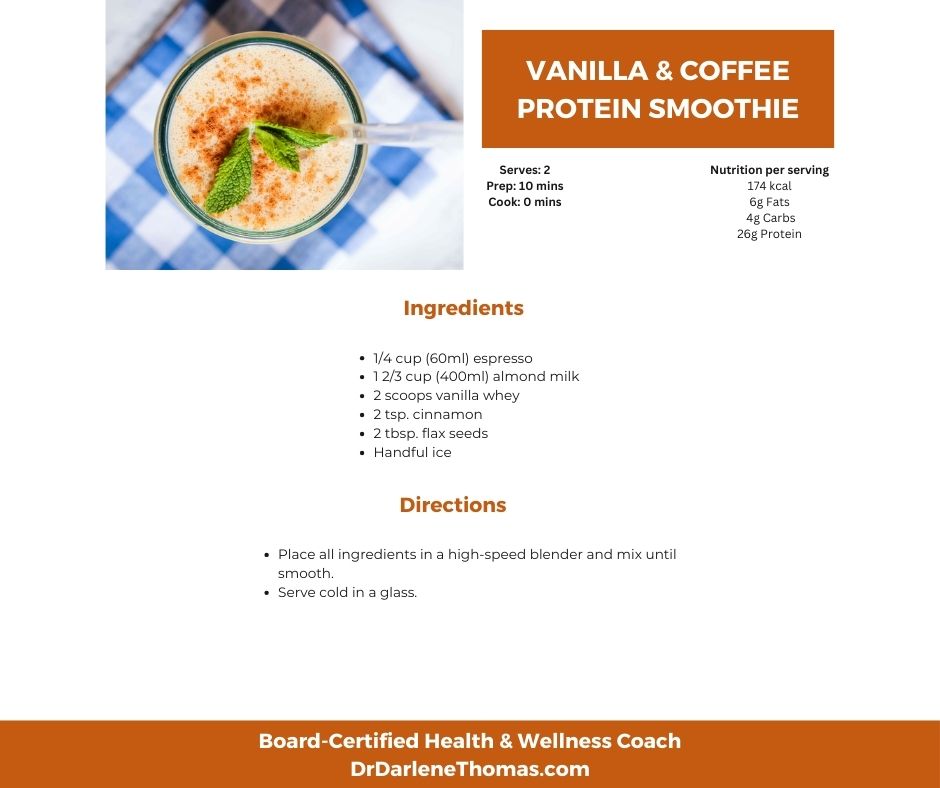
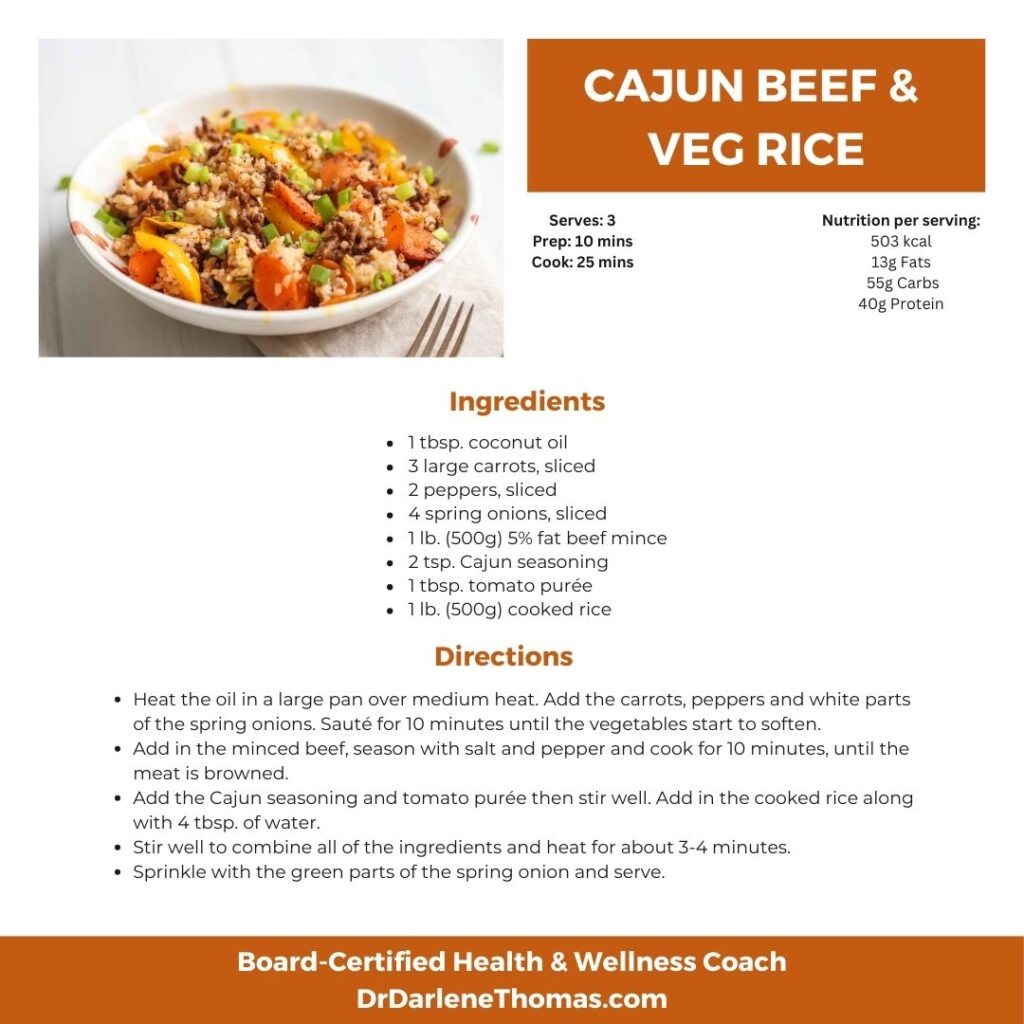
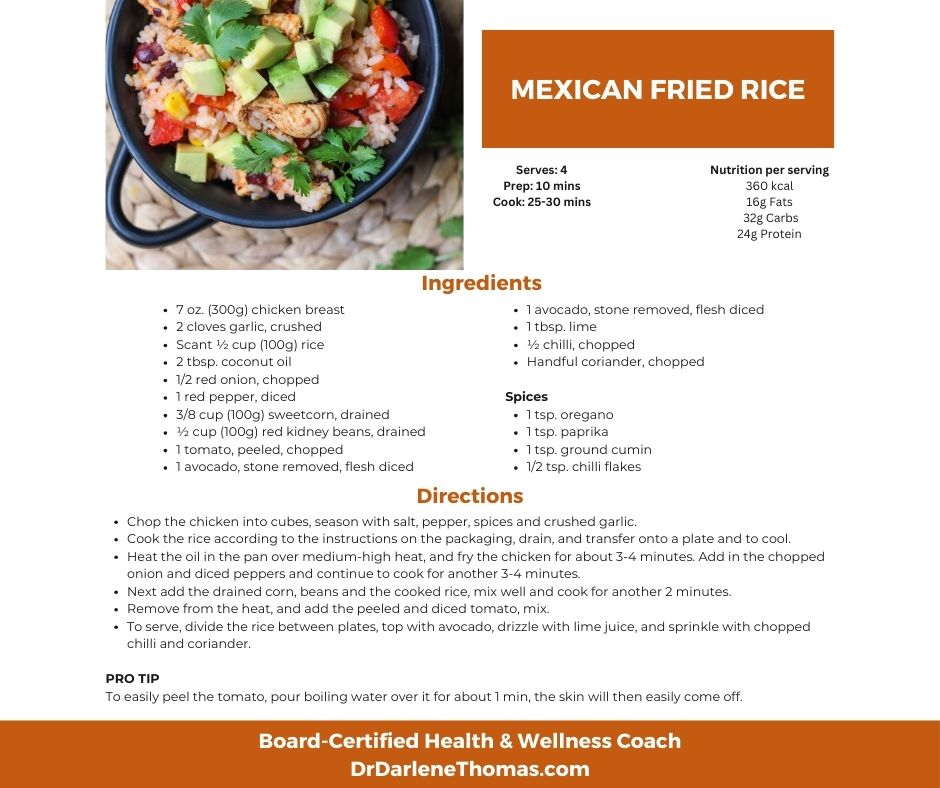
Include Protein in Every Meal
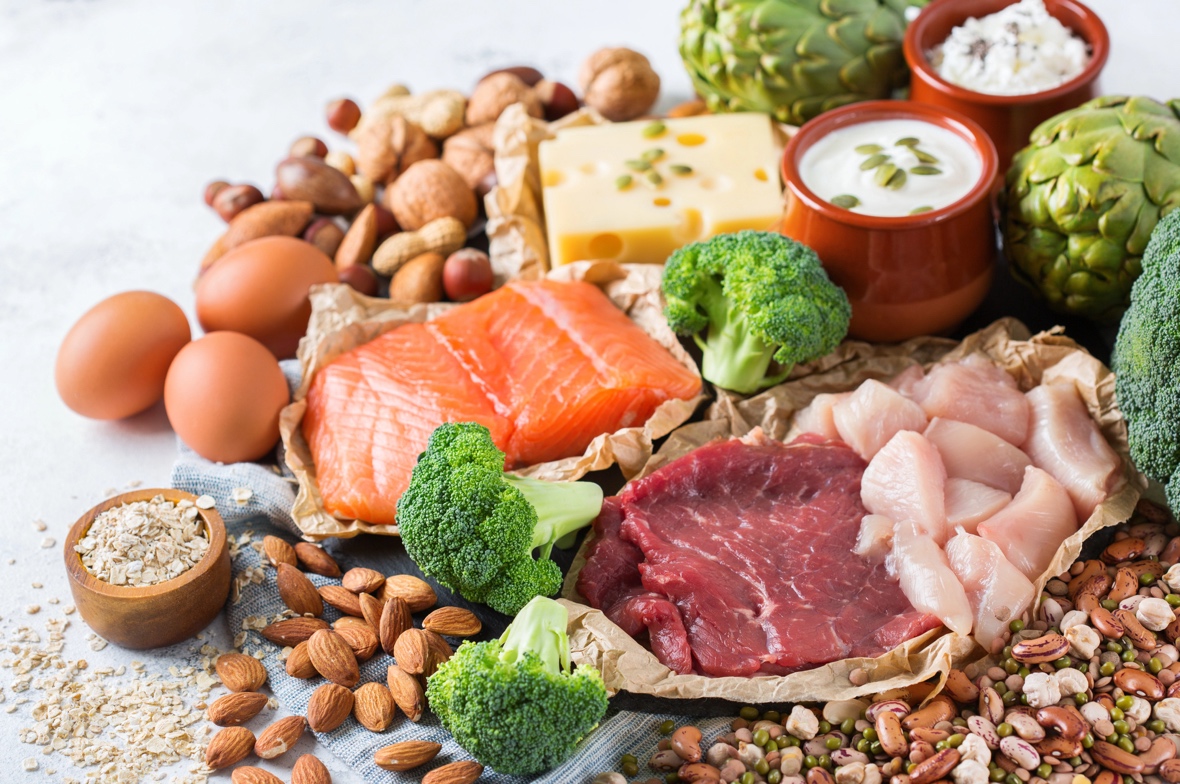
Try to include a quality source of protein at every meal. Think chicken, fish, or cottage cheese for lunch or dinner, and add black beans, chickpeas, or tofu to your salads or bowls. If you’re more plant-based, quinoa is an excellent choice because it contains all nine essential amino acids, making it a complete protein.
Consider a Protein Supplement
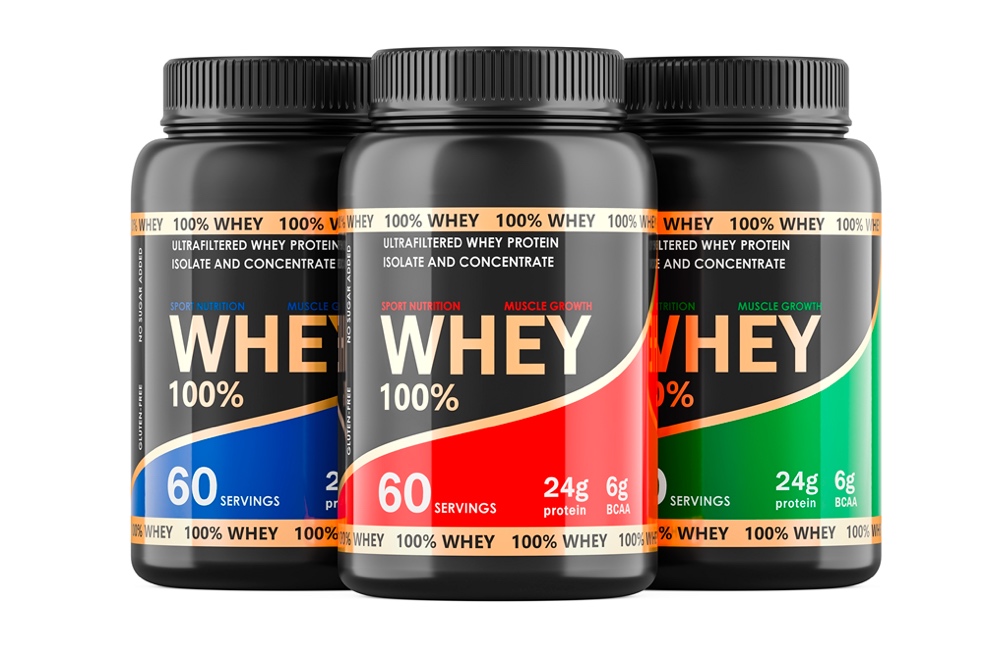
It can be challenging for some to meet protein needs solely through food, especially if you’re busy or have dietary restrictions. In that case, a high-quality protein supplement can be a lifesaver. Just choose a low-sugar option and watch out for any unnecessary additives.
Adding more protein to your diet doesn’t have to be complicated. The simple tips in the blog can make a big difference. Supporting your body with adequate protein during menopause isn’t just about managing symptoms. It’s about setting yourself up for vibrant, long-lasting health.
If you would like help creating a high protein diet plan, contact me.







